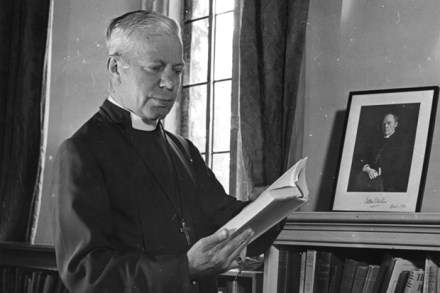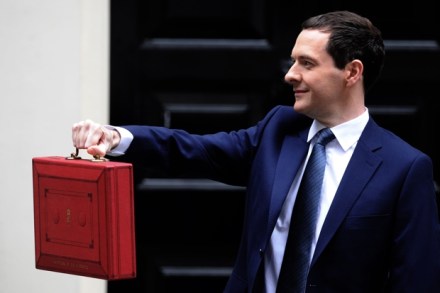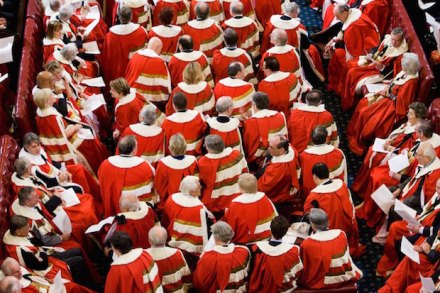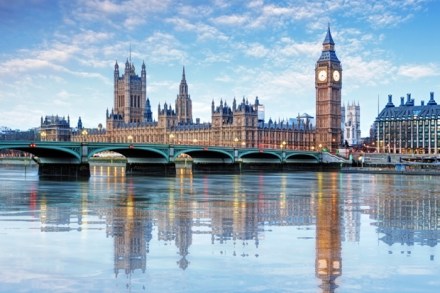If the Lords try to end the Brexit nightmare, it will only end badly
We could be heading for a colossal constitutional showdown. Earlier this week, Baroness Wheatcroft told the Times that she and other peers are hoping to muster up a Lords majority against the invocation of Article 50, even if the Commons votes in favour. This would be extremely dangerous. Confrontations on this scale can be resolved in three ways. All end badly for the remainers, the Lords and the country. First, there’s packing. The government can fill (or at least threaten to fill) the Lords with sympathetic peers to get its legislation over the finishing line, provided the monarch agrees. The most fractious and feverish confrontation between the chambers, over the Great Reform Act



















